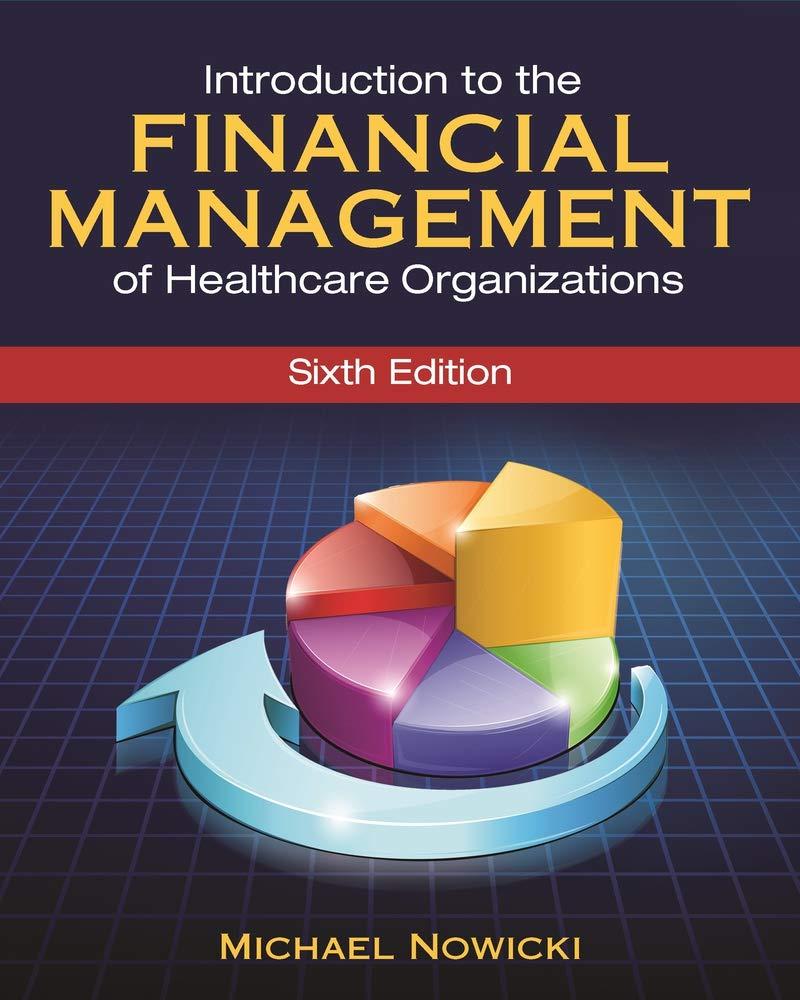Question
Emma is an accountant with a general practice. One of her longstanding clients, Ming, comes to Emma every year to get his tax returns done.
Emma is an accountant with a general practice. One of her longstanding clients, Ming, comes to Emma every year to get his tax returns done. Ming is a new immigrant, doesnt have any knowledge of tax rules, and has always relied on Emma for tax advice. Last year, Ming came to Emma for help preparing his taxes. Emma tells Ming about a tax credit plan she had heard about through a friend. The plan involved purchasing artworks at low value, then getting an appraisal at a higher value through Emmas friend, then donating the artworks to charities at the higher value to get a tax credit. Emmas friend had invited her to participate in the plan and had already found the artwork and arranged the higher appraisals. Emma was participating in the plan and her friend was paying her a commission of $1000 for every person she could get to join the scheme. Emma did not mention this to Ming because she really needed the money and didnt want Ming to get suspicious of the scheme. She also didnt mention that her friend had provided her with a legal opinion from a reputable Toronto law firm advising that the plan had some legal risks and may not work unless the person seeking the tax credit took possession of the artworks for a period of time before donating them and chose the organization who they donated them to. Emma hadnt read the legal opinion and trusted her friend that the plan was legitimate. Ming was unsure but Emma convinced him it was a good idea. She tells him, Im doing it too and its a clever way to get a tax credit. There are no risks at all. Ming wouldnt normally give donations but based on Emmas reassurances and her reliable tax advice in the past, he agrees to sign a purchase order for the artwork for $30,000 that day. The next day Emma arranges for the artworks to be donated to a university that Ming has never heard of, which issues a tax receipt for $100,000 based on the higher appraisal provided by Emmas friend. Ming receives a receipt for income tax purposes and claims a tax credit, which is initially accepted by Canada Revenue Agency. However, later that year, Ming was reassessed by the CRA and the CRA disallowed the amount of the donation and assessed interest and penalties. Ming finds out about the commission Emma made and feels betrayed by her. Hes also upset about the tax penalties he is going to have to pay. Questions: a. What legal claim might Ming have against Emma for the incorrect tax advice? (2 points) b. What are the legal elements he would have to satisfy to be successful? (5 points) c. Do you think Ming would be successful? Go through each element and explain whether each element is satisfied and why (8 points). d. What legal claim might Ming have against Emma for the secret commission? (2 points) e. How did the secret commission breach Emmas legal duties to her client? (3 points)
Step by Step Solution
There are 3 Steps involved in it
Step: 1

Get Instant Access to Expert-Tailored Solutions
See step-by-step solutions with expert insights and AI powered tools for academic success
Step: 2

Step: 3

Ace Your Homework with AI
Get the answers you need in no time with our AI-driven, step-by-step assistance
Get Started


